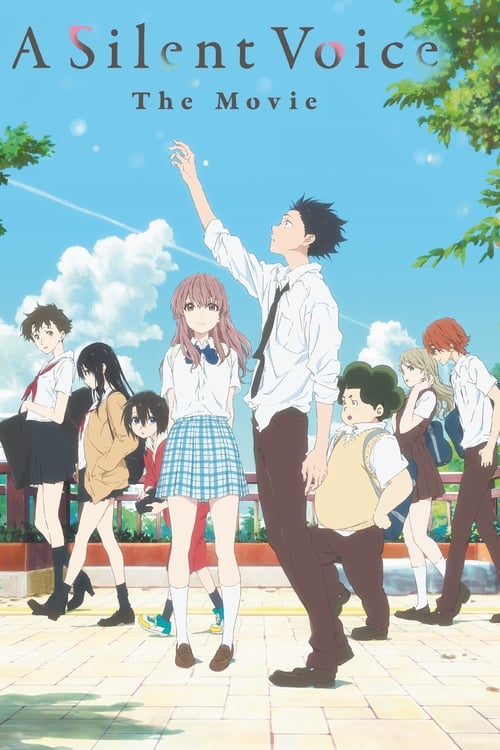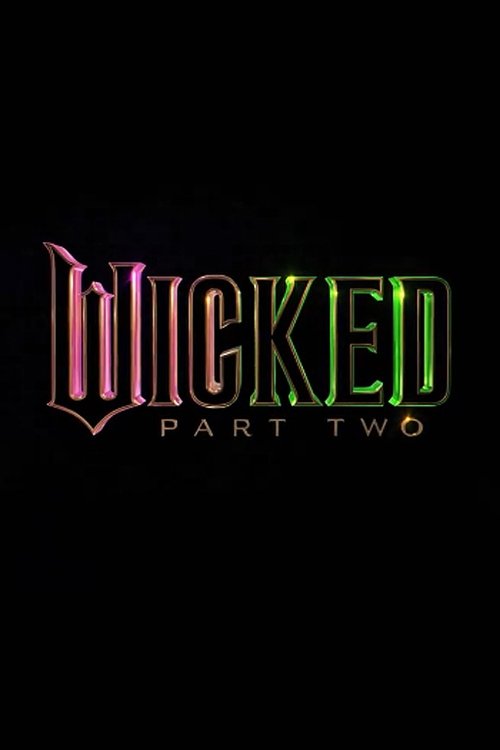
Ask Your Own Question
What is the plot?
What is the ending?
In the ending of "A Helpless Love Song," the main characters, Mia and Alex, confront their feelings for each other amidst the backdrop of a heartfelt musical performance. The film concludes with a poignant moment where they finally express their love, leading to a hopeful resolution for their relationship.
As the final act unfolds, the scene opens in a dimly lit, intimate venue where Mia is set to perform her original song, which encapsulates her journey of love and heartache. The audience is filled with familiar faces, including friends and family who have supported her throughout her struggles. The atmosphere is charged with anticipation, and Mia stands nervously backstage, her heart racing as she prepares to share her innermost feelings through her music.
As she steps onto the stage, the spotlight shines down on her, illuminating her face filled with a mix of anxiety and determination. The first notes of her song resonate through the room, and the audience falls silent, captivated by her raw emotion. Each lyric reflects her tumultuous relationship with Alex, the misunderstandings, the moments of joy, and the pain of separation. As she sings, her eyes scan the crowd, landing on Alex, who stands at the back, visibly moved by her performance.
The camera captures Alex's internal struggle; he is torn between his past mistakes and the love he still harbors for Mia. As the song progresses, the emotional weight of the lyrics seems to bridge the gap between them, rekindling the connection they once shared. The audience is drawn into the moment, feeling the intensity of Mia's vulnerability and the depth of her longing for reconciliation.
After the performance, Mia steps off the stage, her heart pounding not just from the adrenaline of singing but from the hope that Alex will approach her. As she walks through the crowd, she catches glimpses of supportive smiles and encouraging nods, but her focus remains on Alex. He finally makes his way toward her, his expression a mix of regret and admiration.
In a quiet corner of the venue, away from the bustling crowd, Alex takes a deep breath and speaks from the heart. He apologizes for the pain he caused her, acknowledging his mistakes and the time they lost. Mia listens intently, her eyes glistening with unshed tears, as she realizes that he has changed and is ready to fight for their love. The tension in the air is palpable, and the moment feels fragile yet filled with possibility.
As they stand facing each other, the world around them fades away. Alex reaches for Mia's hand, and she instinctively takes it, feeling the warmth and familiarity that had been absent for so long. In that moment, they both understand that their love is worth fighting for, despite the challenges they have faced.
The film concludes with a final shot of Mia and Alex walking out of the venue together, hand in hand, their silhouettes framed against the backdrop of a setting sun. The scene symbolizes a new beginning, filled with hope and the promise of a future together. The audience is left with a sense of closure, knowing that both characters have grown and are ready to embrace the love they once thought was lost.
In summary, Mia finds her voice through her music, and Alex confronts his past, leading to a heartfelt reconciliation. Their journey emphasizes the themes of love, forgiveness, and the courage to embrace vulnerability, ultimately leaving them with a renewed sense of hope for their relationship.
Is there a post-credit scene?
In the movie "A Helpless Love Song," there is indeed a post-credit scene that adds a poignant touch to the story. After the credits roll, the screen fades back in to reveal a quiet, dimly lit café where the main character, Mia, is sitting alone at a table, a notebook open in front of her. The café is filled with the soft hum of conversation and the clinking of cups, creating an intimate atmosphere.
Mia is visibly reflective, her expression a mix of hope and melancholy. She flips through the pages of her notebook, which is filled with lyrics and sketches that represent her journey throughout the film. As she reads a few lines aloud, her voice is soft and filled with emotion, revealing her vulnerability and the depth of her feelings for the love she lost.
Suddenly, the door to the café opens, and a familiar figure enters--Ethan, the love interest from the film. He looks around, and when his eyes meet Mia's, a moment of recognition passes between them. The tension in the air is palpable, as both characters are caught in a whirlwind of unresolved emotions.
Ethan approaches her table, and they share a tentative smile, hinting at the possibility of reconciliation. The scene ends with Mia closing her notebook, symbolizing a new chapter in her life, as the camera slowly zooms out, leaving the audience with a sense of hope and the idea that love, while complicated, can find a way to flourish again. The screen fades to black, leaving viewers with lingering thoughts about love, loss, and the potential for new beginnings.
How does the relationship between Mia and her mentor, David, evolve throughout the film?
Initially, Mia sees David as a guiding figure who helps her navigate the complexities of the music industry. As they work closely together, their relationship deepens, revealing layers of vulnerability and mutual respect. David becomes a source of inspiration for Mia, but also a reminder of her own insecurities. As the story progresses, their bond is tested by personal revelations and the pressures of the industry, leading to moments of tension and ultimately, growth.
What motivates the main character, Mia, to pursue her music career despite the challenges she faces?
Mia, a passionate and aspiring singer-songwriter, is driven by her deep love for music and the desire to express her emotions through her art. Her journey is fueled by a longing to connect with others and share her story, which is rooted in her personal struggles and heartbreaks. As she navigates the ups and downs of the music industry, her determination is tested, but her love for music remains her guiding light.
What role does Mia's family play in her journey as a musician?
Mia's family serves as both a source of support and conflict in her journey. Her parents have traditional expectations for her future, which clash with her aspirations in music. This creates emotional turmoil for Mia, as she grapples with the desire to pursue her dreams while also wanting to please her family. Key scenes depict her struggles to balance her passion with familial obligations, highlighting the emotional stakes of her choices.
What challenges does Mia face in the music industry, and how do they impact her character development?
Mia encounters numerous challenges in the music industry, including rejection from record labels, competition from other artists, and the pressure to conform to commercial standards. These obstacles force her to confront her self-doubt and resilience. Each setback becomes a pivotal moment for her character development, pushing her to redefine her artistic identity and ultimately embrace her unique voice.
How does the theme of love manifest in Mia's relationships throughout the film?
Love in Mia's life is multifaceted, encompassing her romantic interests, her bond with her mentor, and her connection to her family. Her romantic relationship introduces both joy and heartache, reflecting the complexities of love intertwined with ambition. The film explores how these relationships influence her music and personal growth, showcasing the emotional highs and lows that come with pursuing love alongside her dreams.
Is this family friendly?
"A Helpless Love Song" is generally considered family-friendly, but it does contain some themes and scenes that may be sensitive for children or more sensitive viewers.
-
Emotional Struggles: The film explores themes of heartbreak and unrequited love, which may be difficult for younger audiences to fully understand or process.
-
Conflict and Tension: There are moments of conflict between characters that may involve raised voices or emotional confrontations, which could be upsetting for some viewers.
-
Depictions of Loneliness: The protagonist experiences feelings of isolation and despair, which may resonate deeply and evoke sadness.
-
Romantic Themes: The film centers around romantic relationships, including moments of longing and disappointment, which may not be suitable for very young children.
-
Mature Conversations: Some dialogue touches on adult themes related to love and relationships that may require parental guidance for younger viewers.
Overall, while the film is not overtly objectionable, its emotional depth and themes may require consideration for younger or more sensitive audiences.




























